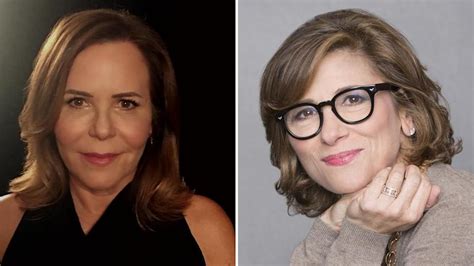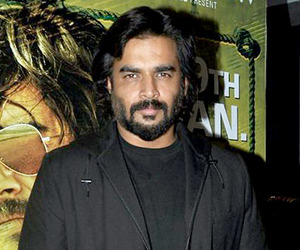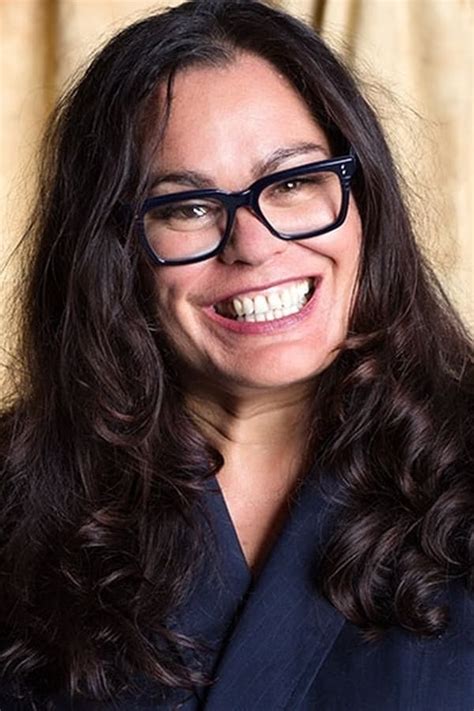A Quote by Wesley Morris
I do feel a responsibility to address things that are problematic, but I don't have to go out of my way to do that.
Quote Topics
Related Quotes
I am transgender, so 'he' is not appropriate and 'she' is problematic. I haven't been one to wage war with society to force people to address me a certain way. I let people make that decision for themselves. I don't identify as a man, so 'he' is silly in a way. Being called 'she' as a trans person, trans in the sense that I'm trans, is to be honoured in an aspect of yourself.
If you say actors have a social responsibility to do things, you are right, in a way. It's a wishful decision. But if it's done out of force, I don't think it will accomplish anything. Everybody starts counting how much work they have done and see if they have done their due for the week. That is not social service. You need to go way beyond that.
The only way to make a criticism of something is to really participate in it. I'm a completely capitalist person. I participate in commodity culture and the fashion world. High art is a money-making vehicle. We're not making art in a vacuum. We're not shopping in the woods. These are all things that we do within the larger system of capitalism. For me to critique it, I'm also participating in it. That's obvious, I feel. In my work, I participate in the things that I critique. I satirize the things that I love and know well and find problematic.
Students will want to address the issues that they have a passion for, but I think that the challenge to this generation is the challenge of the climate crisis. Young people bring more enthusiasm, knowledge and sense of urgency on that issue. This is as planet they will inherit, they have a responsibility for it as well, and part of that responsibility is to urge people in power to make the right decisions about how we go forward.




































